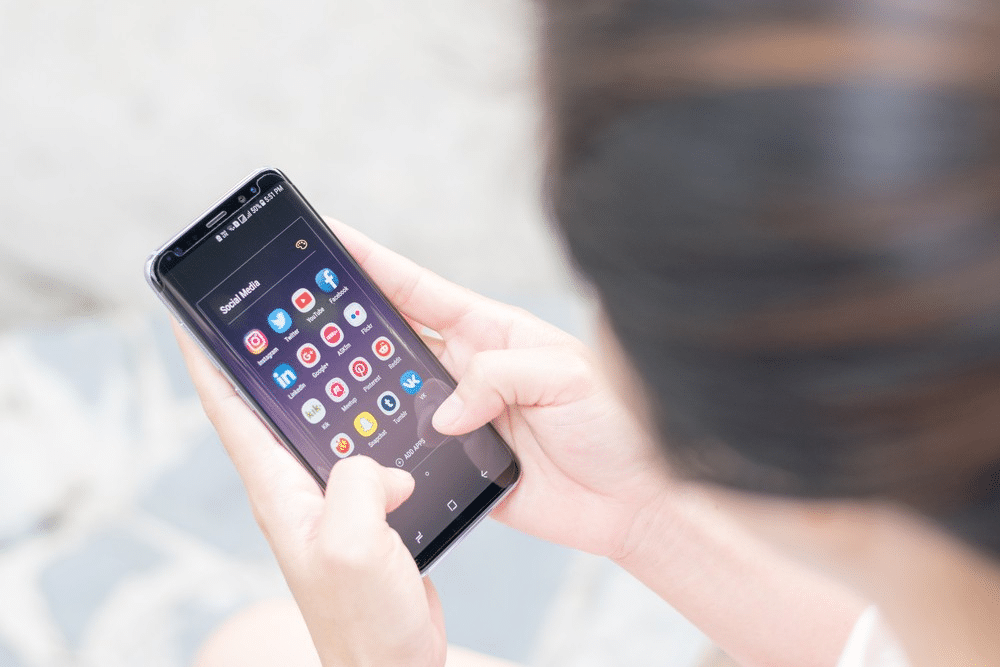Always glued to social media and can’t stop watching endless cat videos? Here are the best tips to help you break free from phone addiction.
Let’s Start with the Basics
Most of the time, we reach for our phones and immediately open social media to scroll through videos and memes. This habit is called scrolling. It’s a way to relax, distract ourselves, and boost our mood. That’s the kind of scrolling we’ll focus on here.
There’s also something called doomscrolling — mindlessly browsing negative or frightening content that fuels anxiety, helplessness, and low mood. If you find yourself constantly doomscrolling, it’s a serious red flag for your mental health. In that case, it’s best to speak with a psychologist.
Why Do We Love Scrolling So Much?
Unlike many other mood-boosting activities, scrolling fits seamlessly into our daily routines. Our phones are always within arm’s reach — how can we resist the urge to browse a few memes or just place a few bets on https://bizzocasino.com/ hoping to win a couple of dollars? We get an instant dopamine hit, and the brain wants to repeat anything that feels good. It doesn’t care whether those positive emotions come from real life or a screen.
Phone addiction is so common that most people don’t even bat an eye. No one will judge you for zoning out with your feed after a long day.
Tips from a Psychologist
Measure the Problem
Track how much time you’re actually spending on your phone each week. Add a screen time widget to your home screen so the numbers are always visible. That way, it’s easier to monitor and control your time on social media.
Don’t Go Cold Turkey
Let’s say you’re on your phone 60 hours a week. Don’t try to cut that to 30 overnight. Your brain is used to a steady stream of entertainment and will fight back against sudden change. Big goals need small steps. Start with 58 hours. Cutting just 2 hours over a whole week feels manageable and makes the transition much smoother.
Keep Your Hands Busy
It’s easy to get sucked into your phone while riding the subway or lounging on the couch. To resist the urge, keep your hands occupied. Try biking to work — no way to scroll while riding, but you can still enjoy a podcast or audiobook. If public transport is unavoidable, bring a good book and stash your phone deep in your bag.
If you usually scroll at home, try picking up a new hobby like drawing, knitting, puzzles, or embroidery. Creative activities trigger dopamine too, and they do it without memes.
Get Moving
Exercise is a guaranteed source of feel-good chemicals. Try going to the gym, swimming, or taking a dance class. Start with once or twice a week, and increase the frequency if you enjoy it.
Don’t feel like leaving the house? Here’s a trick: for every 15 minutes you spend on your phone, do a 1-minute plank or a few push-ups. Use a timer to keep track. After a few rounds, you’ll start wondering if that dopamine hit is worth the workout.
Think you don’t have the willpower? Try this: instead of limiting time, create a rule. For example, scrolling is only allowed while doing a wall sit (back against the wall, knees at a 90-degree angle). As a bonus, you’ll get stronger legs and better posture, which is a mood boost in itself.
Celebrate Small Wins
Our brains need positive reinforcement to lock in new habits. That way, thinking about a book or a workout brings anticipation, not dread. The reward doesn’t have to be big: treat yourself to a pastry, go see a good movie, or just check off a box in your planner when you hit your goal.
Go Public with Your Goals
Worried you’ll lose motivation? Tell your friends or followers that you’re trying to spend less time on your phone. That way, you’ll get encouragement and be less likely to quit halfway. Nobody likes breaking a promise in front of an audience.
Set a clear, measurable goal that you can track and share. For example: train for a marathon. Give yourself a rule — social media for one hour a day, and use the rest of your screen time to prep for the race. Achieving your goal will feel far more rewarding than mindlessly scrolling.
Create Phone Rituals
Just like scrolling, rituals help reduce anxiety. But with the right habits, you can calm your mind and cut phone time:
- Put your phone away 2-3 hours before bed. Don’t just set it aside; tuck it in a drawer or move it to another room.
- Only charge it halfway. You’ll naturally be more mindful of your screen time if you’re worried about running out of battery.
- Set app timers. Many social apps let you create alerts that remind you when you’ve hit your daily limit.
- Don’t charge your phone next to your bed. Leave it at your desk or in another room to avoid late-night or early-morning scrolling.
Small changes really can add up. A few new habits, a bit of creativity, and some self-kindness can help you regain control and rediscover what life feels like beyond the screen.
















